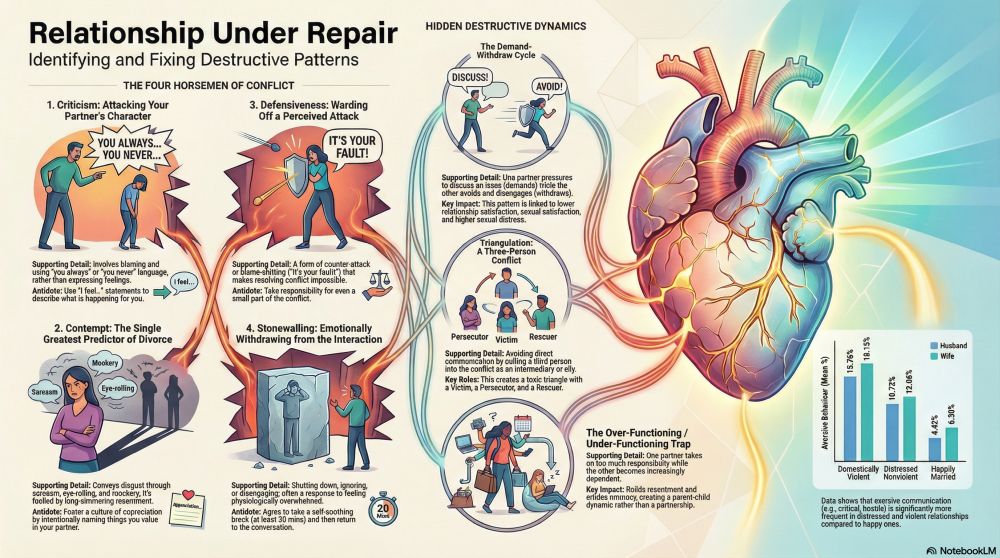Core Characteristics of Healthy Interdependence
Balanced autonomy and connection: Partners are emotionally attached yet capable of making independent decisions and living fulfilling lives outside the relationship.
Mutual support without loss of self: Partners rely on each other for emotional support while maintaining personal boundaries and distinct identities.
Shared vulnerability: Both partners embrace vulnerability, share responsibilities, and draw mutual strength from each other’s complementary qualities.
Benefits for Couples
Enhanced well-being: Research shows that individuals in emotionally interdependent relationships report higher overall life satisfaction compared to those in more independent relationships.
Emotional co-regulation: Partners help regulate each other’s emotions and physiological responses—known as “coregulation”—which promotes emotional stability and stress reduction.
Increased relationship satisfaction: A 2016 study found that interdependent couples experience higher satisfaction because each partner feels free to pursue personal goals with their partner’s support.
Better resilience: Reaching out for support and receiving a favourable response helps couples navigate a complex, stressful world more effectively.
Personal growth: Interdependent relationships foster balanced personal development, allowing both partners to achieve their potential while contributing to each other’s growth.
How to Build Interdependence
- Maintain clear boundaries and communicate them openly.
- Pursue individual interests and goals outside the relationship.
- Practice vulnerability while retaining a strong sense of self.
- Develop trust through consistent, reliable actions.
- Support each other’s autonomy rather than trying to control or “complete” one another.
Healthy interdependence forms the foundation of emotional intimacy. It allows both partners to feel secure enough to be authentic, knowing they can depend on each other while still maintaining individuality.


